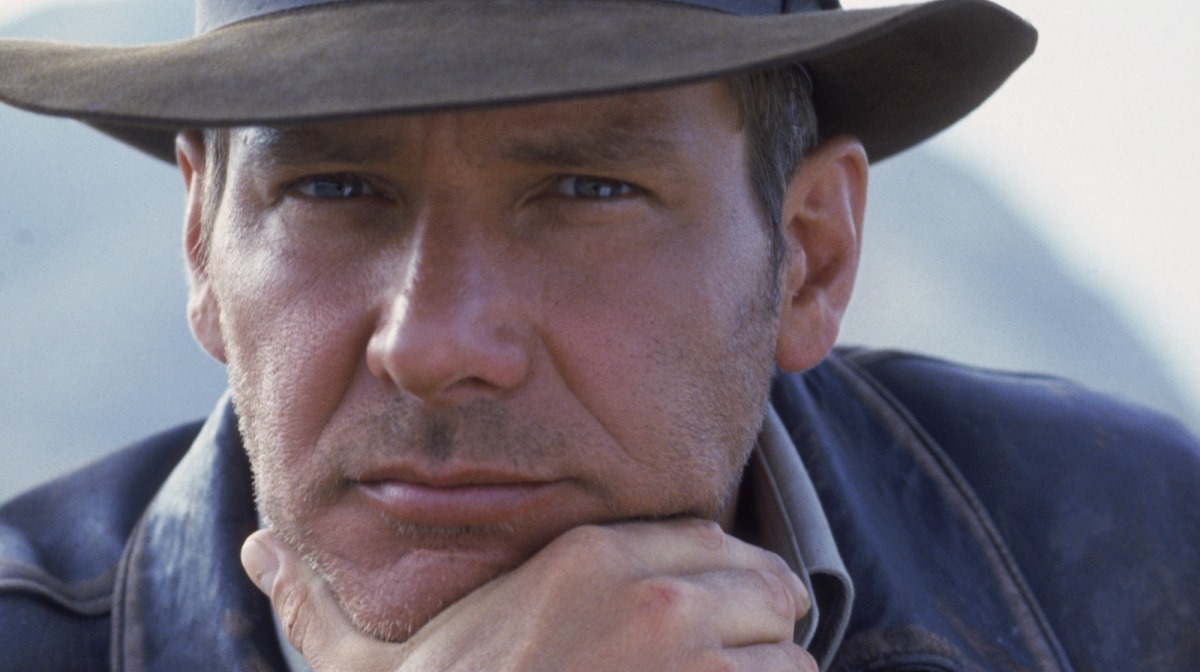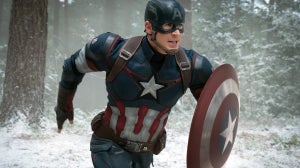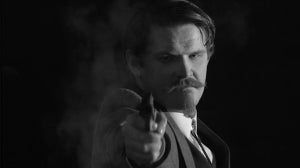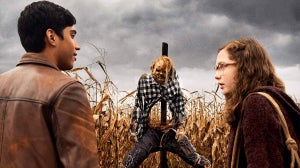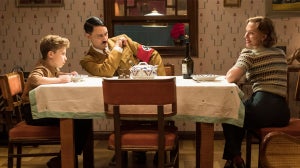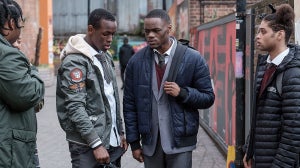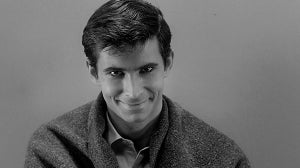
Last week we discussed the ultimate movie villain clichés. Now it’s time for our favourite movie hero stereotypes! If you’re a superhero fan or have a villainous side to you, don’t miss out on our Heroes and Villains ZBOX. There’s only a few days left to order this bad boy!
The Policeman Who Struggles to Balance His Job With His Familial Duties
If your dad used to make you watch a lot of action films with Arnold Schwarzenegger or Bruce Willis, you might be familiar with this one. One of the most common hero stereotypes in action films is the man who’s an (ex)-policeman, soldier, CIA agent, firefighter or spy who either leads a double life, hiding his daytime job from his family, or has promised them to quit, but gets involved in one more mission. This usually results in the kidnap of his family, after which, of course, the hero (almost always male) saves his wife and kids and they live happily ever after!
Examples: Harry Tasker (Arnold Schwarzenegger) in True Lies, Jeff Talley (Bruce Willis) in Hostage, James Marshall (Harrison Ford) in Air Force One, Bryan Mills (Liam Neeson) in Taken, Roger Murtaugh (Danny Glover) in Lethal Weapon.
The Scientist
Until a few years ago, scientists in films were often portrayed as geeky, mad or evil. Prime examples are Frankenstein, Doc in Back to the Future and Jeff Goldblum’s character Seth Brundle in The Fly. Luckily, the tide seems to have turned and scientists are now often portrayed as world saviours! Rather than having a vicious supervillain to fight against, scientists tend to face natural or human-induced disasters that threaten Earth such as global warming, cloned super organisms or gigantic asteroids, or are hired as mathematicians by authorities to break cryptic codes that lead to the arrest of the bad guy. The Zavvi blog editors are quite happy with this change of mind in Hollywood, considering we’re probably the biggest geeks of them all!
Examples: Dr. Ryan Stone (Sandra Bullock) in Gravity, Cooper (Matthew McConaughey) and Dr. Amelia Brand (Anne Hathaway) in Interstellar, Dr. Ian Malcolm (Jeff Goldblum) and Dr. Alan Grant (Sam Neill) in Jurassic Park, Jack Hall (Dennis Quaid) in The Day After Tomorrow, Robert Langdon (Tom Hanks) in The Da Vinci Code, Alan Turing (Benedict Cumberbatch) in The Imitation Game.
The Wise Old Man
Every film hero has its own mentor and this is a tradition that goes waaaaaay back to ancient literature! Remember King Arthur, who had Merlin to help him out, or The Seven Sages in Chinese history, who influenced many a poet and musician. The mentor is usually an older father-type figure who might appear a little senile, but offers guidance throughout the hero’s (spiritual) journey by supporting him with outstanding wisdom and/or superior magical powers. The wise man often dies to allow the hero to develop his or her own powers. Dumbledore, we’re still not sure if it was really necessary…!
Examples: Gandalf (Ian McKellen) in The Lord of the Rings, Dumbledore (Richard Harris/Michael Gambon) in Harry Potter, Obi-Wan Kenobi (Alec Guinness/Ewan McGregor) in Star Wars, God (Morgan Freeman) in Bruce Almighty, Mr. Myagi (Pat Morita) in The Karate Kid, Morpheus (Laurence Fishburne) in The Matrix, Alfred Pennyworth (Michael Caine) in Batman: The Dark KnightTrilogy.
The Superhero With a Troubled Childhood
If you think all of your favourite Marvel and DC superheroes fight the bad guy just for the greater good, think again! We believe that the main reason Batman and Captain America are trying to bring justice to the world is because they haven’t yet learned how to cope with a bad experience from the past – whether it’s the death of someone precious, the horrible harassment from kids at school or the inability to get the girl. Most heroes have a personal reason to fight crime, not rarely stemming from a personal childhood feud with the main antagonist, and are still tortured by various demons from the past. Of course, this only fuels their wish to become stronger and destroy the villain in a battle of life and death!
Examples: Peter Parker (Tobey Maguire) in Spider-Man, Steve Rogers (Chris Evans) in Captain America, Bruce Wayne (Michael Keaton/Val Kilmer/Christian Bale) in the Batman series, Thor (Chris Hemsworth) in Thor, Tony Stark (Robert Downey Jr) in Iron Man.
The Rebel Who Is Actually Good
Last but not least, there’s the moody, brooding rebel hero stereotype who may have a habit of not following the rules, but is ultimately the one who saves the damsel in distress or a stolen treasure from the clutches of some weird, deformed sea monster (mainly looking at you, Jack Sparrow). The rebel is usually somewhat reluctant to participate in the adventure at the beginning, but will soon show off a nobler side after having fallen in love with a helpless female.
Examples: Rick O’Connell (Brendan Fraser) in The Mummy, Han Solo (Harrison Ford) in Star Wars, Peter Pan (voiced by Bobby Driscoll) in Peter Pan, Captain Jack Sparrow (Johnny Depp) in Pirates of the Caribbean, Indiana Jones (Harrison Ford) in Indiana Jones, Harry Callahan (Clint Eastwood) in Dirty Harry.
Image Source: Paramount Pictures

